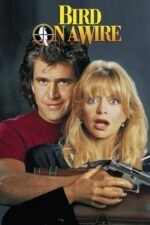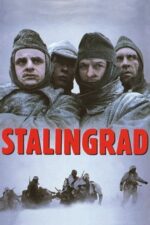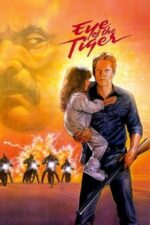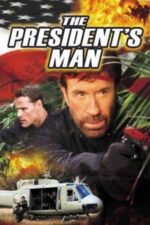The Rat-a-Tat-Tat That Echoes: Exploring the Machine Gun in Cinema
Isn’t it fascinating how certain objects, seemingly simple at first glance, can become loaded with so much cultural weight? Take the machine gun, for example. It's more than just a weapon; it’s a symbol of power, chaos, desperation, and even, surprisingly, a warped kind of freedom in film. I remember being utterly captivated by the sound of a Thompson submachine gun – “the Tommy gun” as it became known – in The Untouchables when I was a kid. It wasn't just about the violence; it was the sheer mechanical brutality of it, so different from the single-shot revolvers of earlier Westerns. That’s what got me thinking about its cinematic journey.
Initially, firearms in film were often treated with a certain reverence, almost like props in a stage play. But the machine gun arrived on the scene – literally and figuratively – changing everything. Its introduction coincided with a period of rapid industrialization and societal upheaval, and cinema reflected that anxiety. Think about Machine-Gun Kelly (1950). It’s a pulpy, almost operatic portrayal of a Depression-era gangster, fueled by desperation and the allure of easy money. The Thompson submachine gun isn't just his weapon; it's an extension of his personality – loud, aggressive, and ultimately self-destructive. It’s a visual shorthand for the anxieties surrounding organized crime and the breakdown of traditional values during that era.
The machine gun’s presence also evolved with genre. In war films like Bataan, its sound becomes less about individual bravado and more about the overwhelming scale of conflict, the relentless pressure faced by soldiers fighting against seemingly insurmountable odds. It's a stark reminder of the brutal efficiency of modern warfare – a far cry from the romanticized notions of heroism we sometimes see in older war stories.
Interestingly, the machine gun’s symbolism isn’t always straightforwardly negative. In I Am Here…Now, it becomes an instrument of alien judgment, wielded against humanity's failings. It’s a chilling commentary on our self-destructive tendencies and a provocative question: what if ultimate power fell into the hands of someone – or something – who truly saw our flaws? It forces us to confront uncomfortable truths about ourselves.
Even in more outlandish scenarios, like Raging Sharks (yes, really!), the machine gun represents a desperate attempt to fight back against overwhelming odds, even when those odds are… well, sharks! It’s a primal response to fear and chaos.
The legacy of the machine gun in film continues to evolve. It's no longer just about the sound or the spectacle; it’s about what it represents – power, control, destruction, and sometimes, even a twisted form of justice. It’s an object that keeps echoing through our cinematic landscape, prompting us to examine ourselves and the world around us.
What films featuring this iconic weapon have resonated with you? I'd love to hear your thoughts!







































